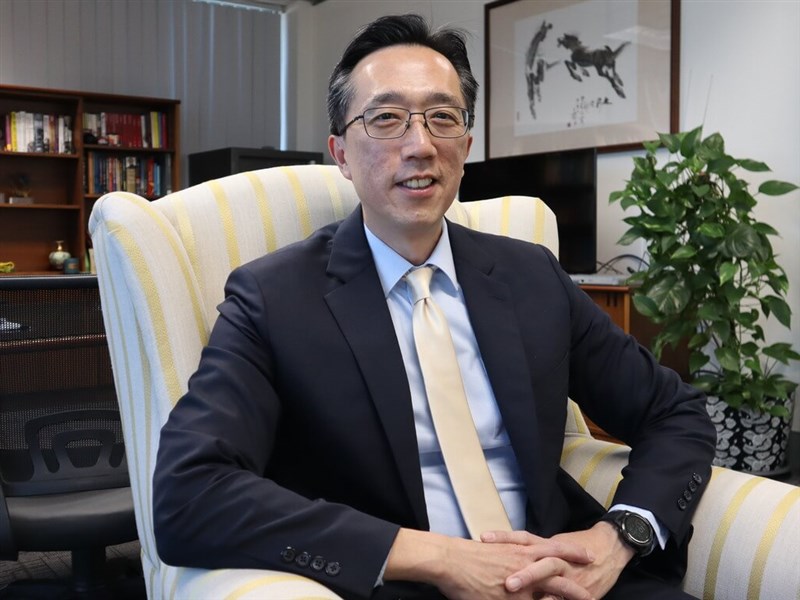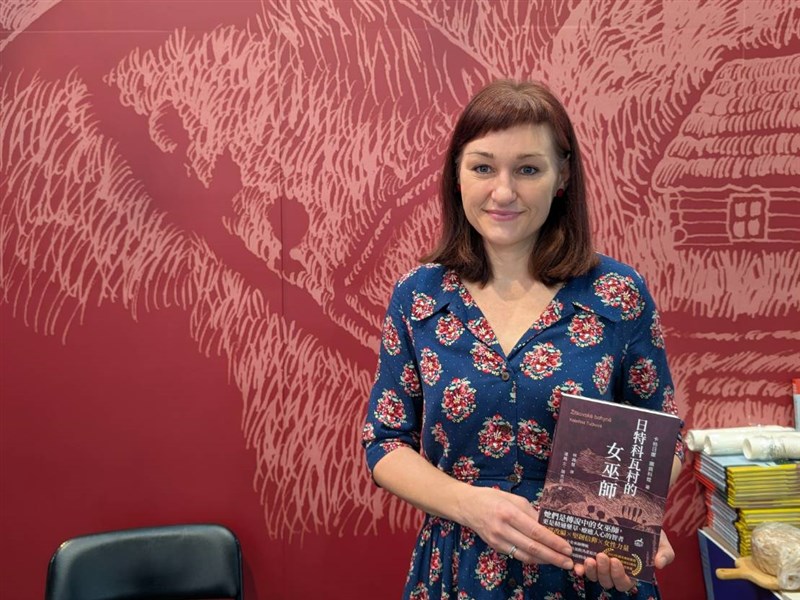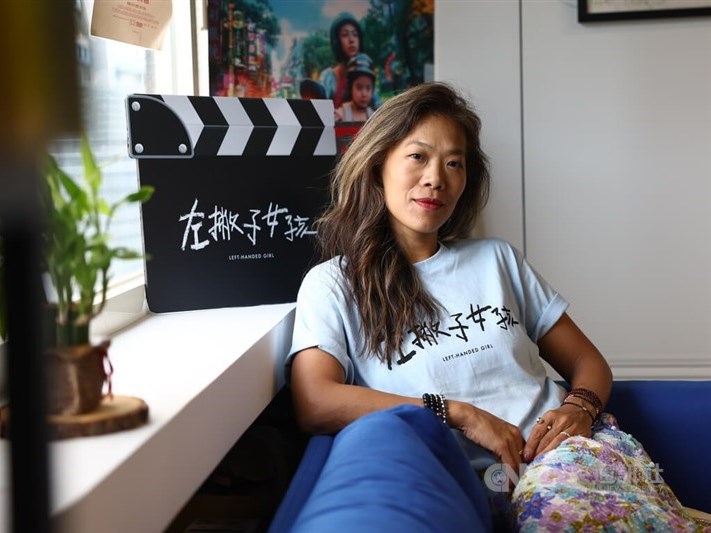INTERVIEW / Jane Goodall praises 30 years of conservation progress in Taiwan
06/09/2025 06:08 PM
World-renowned zoologist and environmental campaigner Jane Goodall praised Taiwan for its progress in wildlife conservation over the past three decades, while also offering suggestions to improve human-wildlife coexistence during her 18th visit to the country.
(Full text of the story is now in CNA English news archive. To view the full story, you will need to be a subscribed member of the CNA archive. To subscribe, please read here.)
More in INTERVIEW
-
![Taiwan's top envoy to Australia seeks cooperation on minerals, drones]() Taiwan's top envoy to Australia seeks cooperation on minerals, dronesAs Australia looks to recalibrate its economic relationship with China, Taipei is hoping to strengthen bilateral ties and partner with Canberra in such areas as critical minerals and drones, said Douglas Hsu (徐佑典), Taiwan's representative to Australia.02/26/2026 11:16 AM
Taiwan's top envoy to Australia seeks cooperation on minerals, dronesAs Australia looks to recalibrate its economic relationship with China, Taipei is hoping to strengthen bilateral ties and partner with Canberra in such areas as critical minerals and drones, said Douglas Hsu (徐佑典), Taiwan's representative to Australia.02/26/2026 11:16 AM -
![Czech author reflects on cultural erasure under authoritarian rule]() Czech author reflects on cultural erasure under authoritarian ruleWhen best-selling Czech author Kateřina Tučková was in Taiwan earlier this month to promote the Chinese version of her novel "The Last Goddess," she said she felt the story would resonate with Taiwanese readers because of a common authoritarian past.02/22/2026 04:35 PM
Czech author reflects on cultural erasure under authoritarian ruleWhen best-selling Czech author Kateřina Tučková was in Taiwan earlier this month to promote the Chinese version of her novel "The Last Goddess," she said she felt the story would resonate with Taiwanese readers because of a common authoritarian past.02/22/2026 04:35 PM -
![Director Tsou Shih-ching challenges gender norms in 'Left-Handed Girl']() Director Tsou Shih-ching challenges gender norms in 'Left-Handed Girl'Superstitions passed down through generations can shape people's lives in subtle yet lasting ways. In her debut solo feature film "Left-Handed Girl" (左撇子女孩), director Tsou Shih-ching (鄒時擎) uses one such belief to examine gender roles and social expectations imposed on women in Taiwanese society.02/22/2026 11:04 AM
Director Tsou Shih-ching challenges gender norms in 'Left-Handed Girl'Superstitions passed down through generations can shape people's lives in subtle yet lasting ways. In her debut solo feature film "Left-Handed Girl" (左撇子女孩), director Tsou Shih-ching (鄒時擎) uses one such belief to examine gender roles and social expectations imposed on women in Taiwanese society.02/22/2026 11:04 AM
Latest
-
Business
Taiwan's January export orders hit record US$76.91 billion, up 60 percent
03/04/2026 10:11 PM -
Society
New Taipei censured for not preventing sex offender from running Go class
03/04/2026 10:02 PM -
Politics
KMT nominates female candidates for county magistrate elections
03/04/2026 09:31 PM -
Society
MOL to expand childcare subsidy scheme to encourage employer support
03/04/2026 08:59 PM -
Business
TSMC aims to complete new Tainan fab in 2028 amid AI-driven expansion
03/04/2026 08:35 PM


